- Government of Montenegro
Ministry of Education, Science and Innovation S3.me – Smart Specialization: Innovation, Entrepre...
Please note: The page below represents the archived content relating to the previous Government of Montenegro. Some of the information might be inaccurate or outdated.
Archive
S3.me – Smart Specialization: Innovation, Entrepreneurship and Competitiveness Conference gathers around 200 participants from the economic, academic and civil sectors
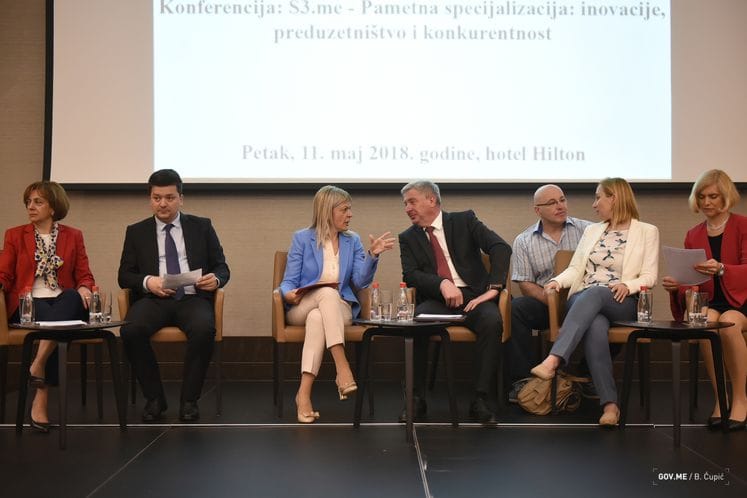
Published on: May 16, 2018 • 2:00 PM Author: Ministarstvo nauke
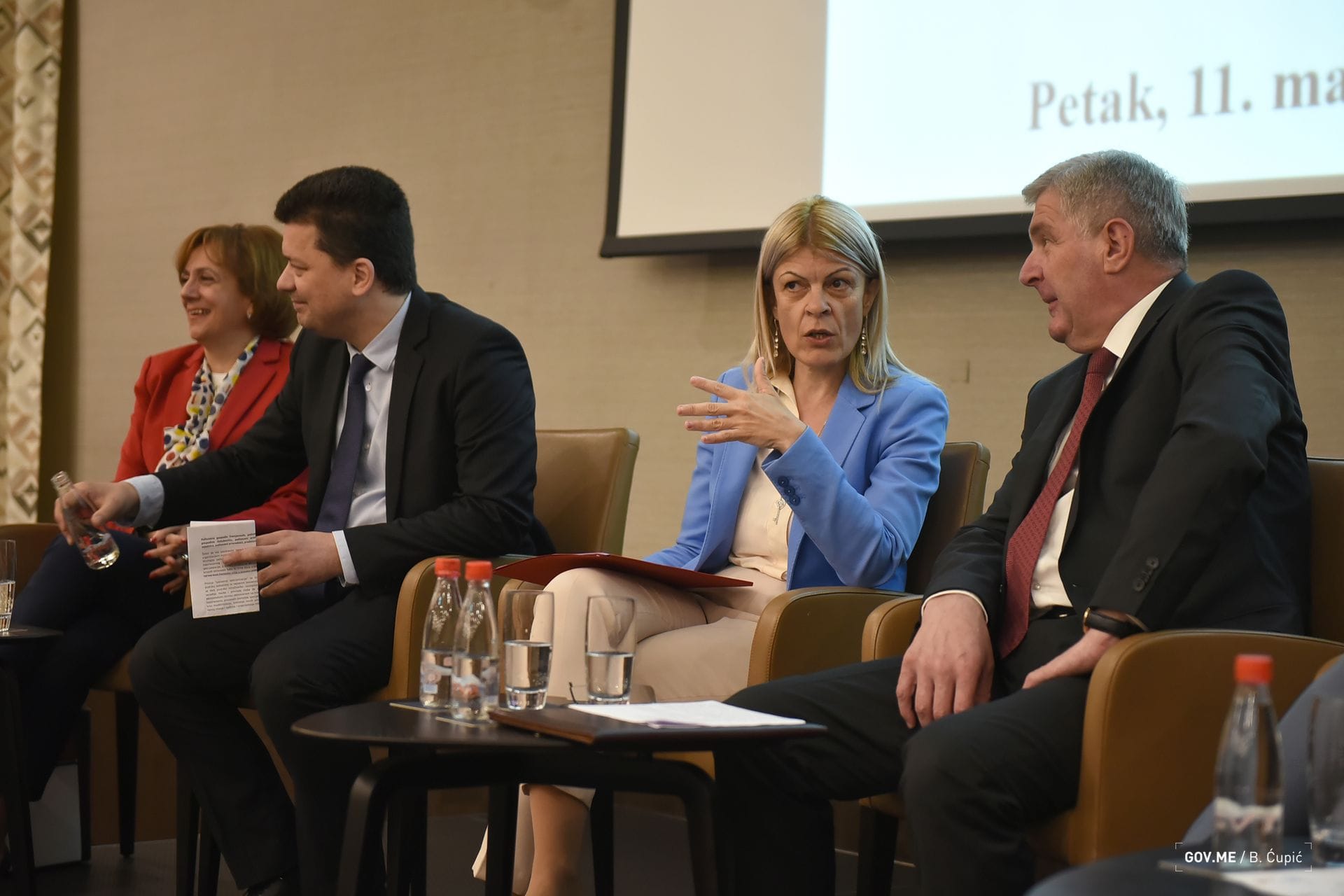
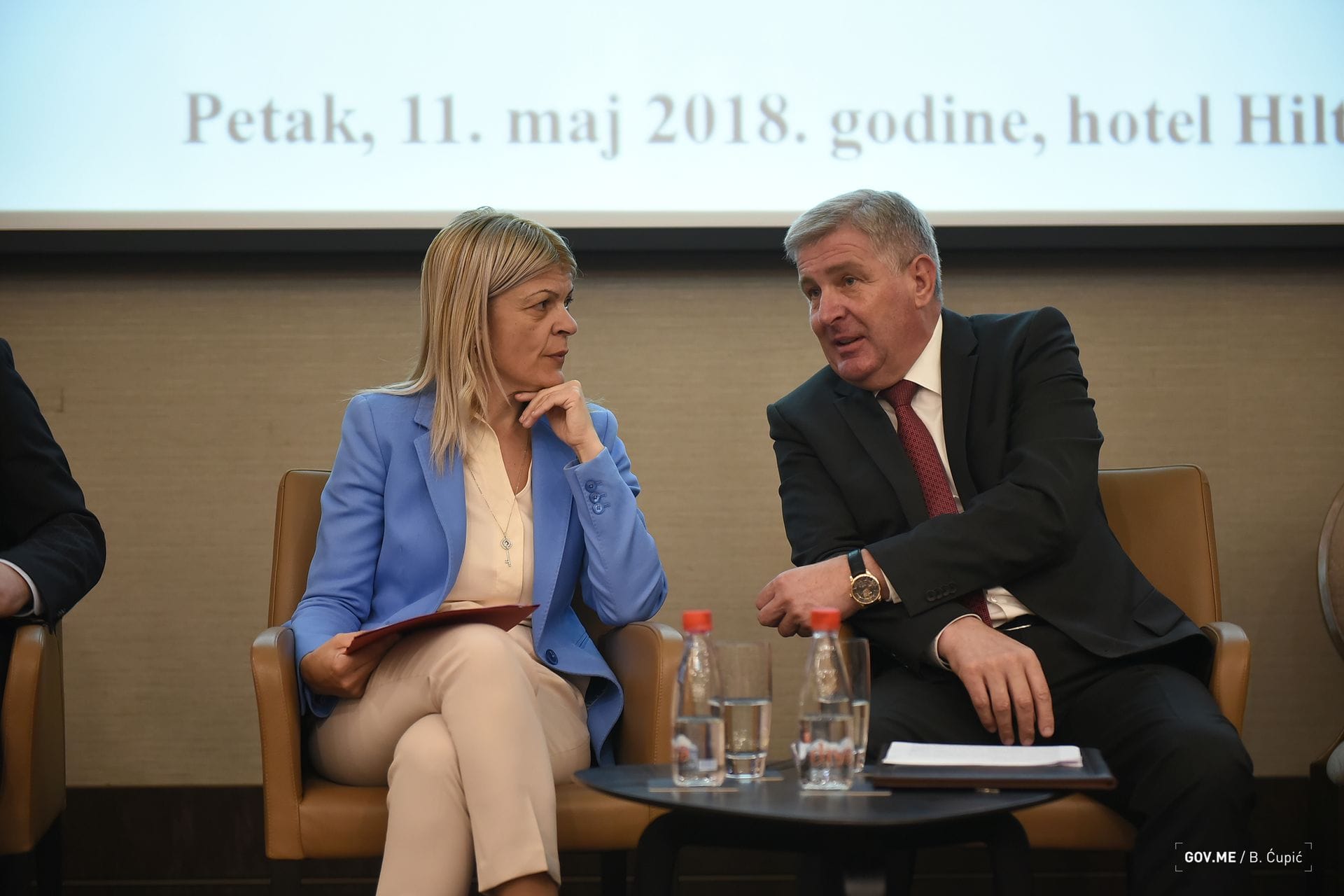
The Ministry of Science of Montenegro gathered about 200 participants from the economic, academic and civil sectors today at the S3.me – Smart Specialization: Innovation, Entrepreneurship and Competitiveness Conference, held at the Hilton Hotel, in order to promote the Strategy aimed at mapping the economic, innovative and scientific-research potential of our country.
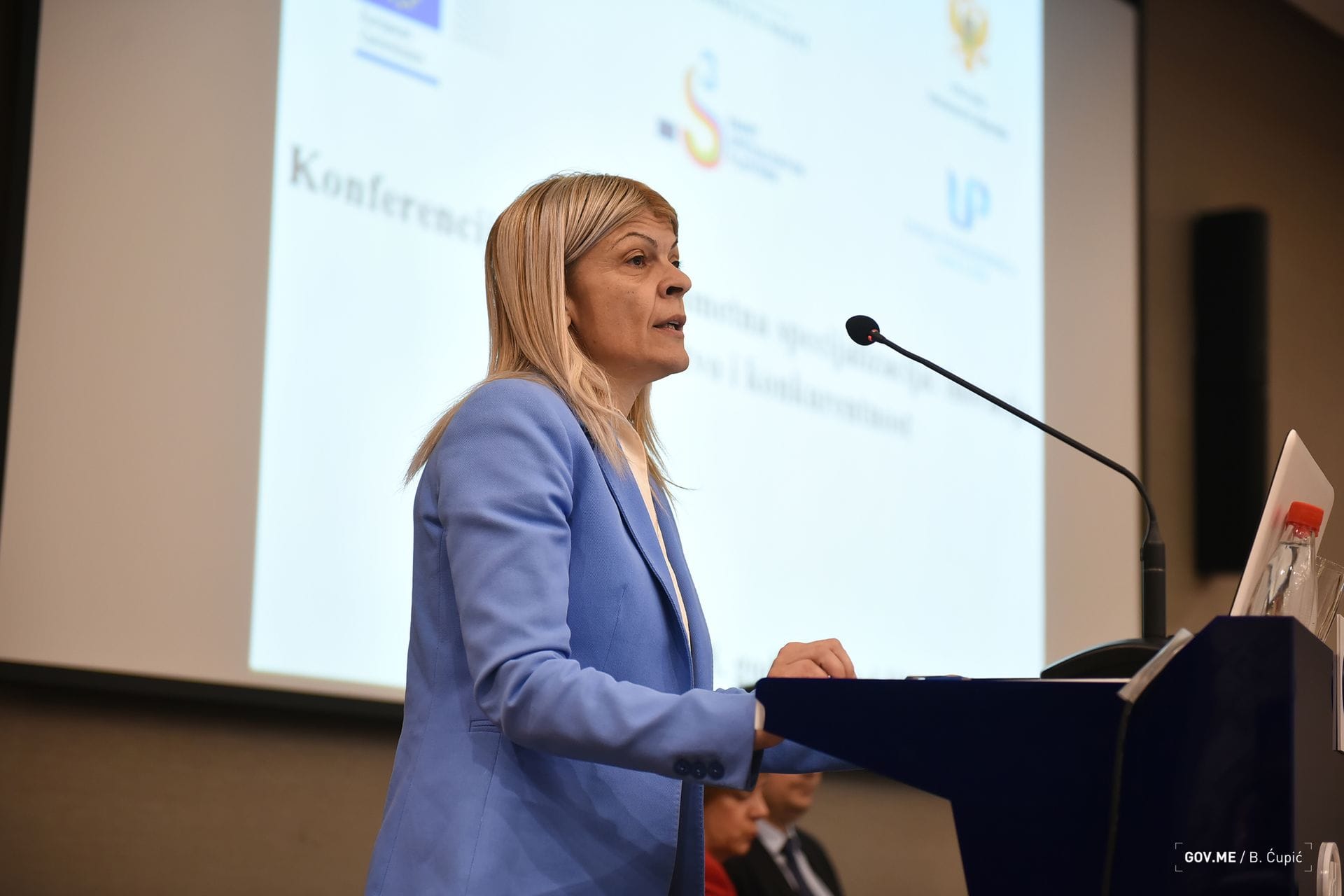
- I am glad that we have gathered today in this important event for further planning of public policies that affect all citizens and all economic entities in our country. Creating a national smart specialization policy aims at innovation-based structural transformation of our economy. The Smart Specialization Strategy is a model of the countries of the European Union, utilized in order to enable economic and social development in the most efficient way, while reducing economic differences between countries. The European Union insists on the same principle for all future Member States, and we know that Montenegro will soon be one of them, Minister of Science Dr. Sanja Damjanović stated during the opening ceremony.
The Smart Specialization Strategy aims to increase the competitiveness of the Montenegrin economy, concentrate knowledge resources and link them to a limited number of priorities. S3 will enable the development of new sectoral areas and industries by investing in research and innovation in areas that contain strategic potential in our country.
- The adoption of the Smart Specialization Strategy is of great importance. It would significantly encourage more efficient use of pre-accession funds, as well as of EU funds such as Horizon 2020, and would also help address the challenges typical of small countries such as Montenegro – the smart allocation of our small absolute funds, as well as focusing on concrete and priority areas in order to maximize benefits, Minister Damjanović said.
The work on the Smart Specialization Strategy is a challenging, but innovative process, because, as the Minister emphasized, the essence of the Strategy was to bring change in the broadest sense of the word.
The Smart Specialization Strategy aims to increase the competitiveness of the Montenegrin economy, concentrate knowledge resources and link them to a limited number of priorities. S3 will enable the development of new sectoral areas and industries by investing in research and innovation in areas that contain strategic potential in our country.
- The adoption of the Smart Specialization Strategy is of great importance. It would significantly encourage more efficient use of pre-accession funds, as well as of EU funds such as Horizon 2020, and would also help address the challenges typical of small countries such as Montenegro – the smart allocation of our small absolute funds, as well as focusing on concrete and priority areas in order to maximize benefits, Minister Damjanović said.
The work on the Smart Specialization Strategy is a challenging, but innovative process, because, as the Minister emphasized, the essence of the Strategy was to bring change in the broadest sense of the word.
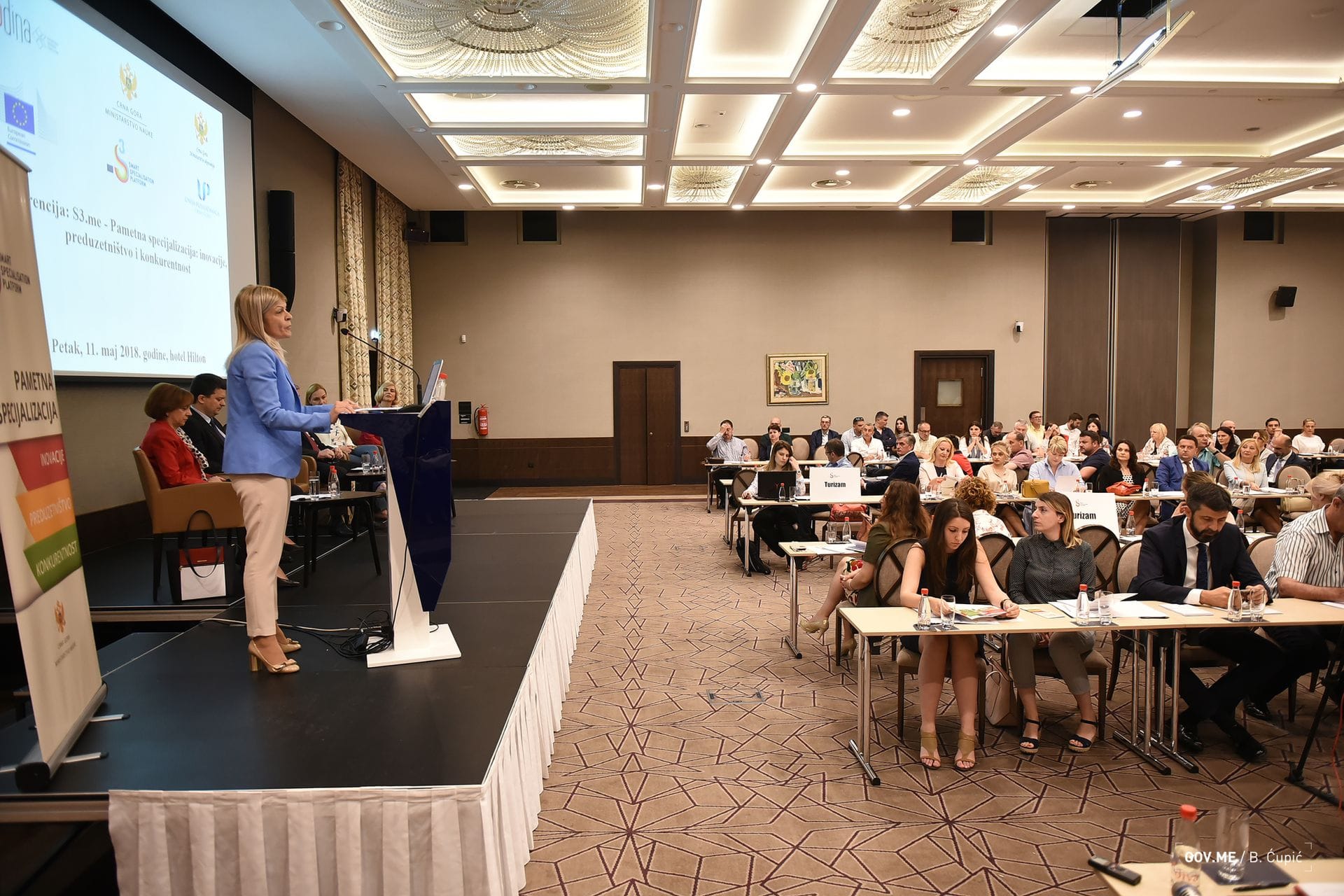
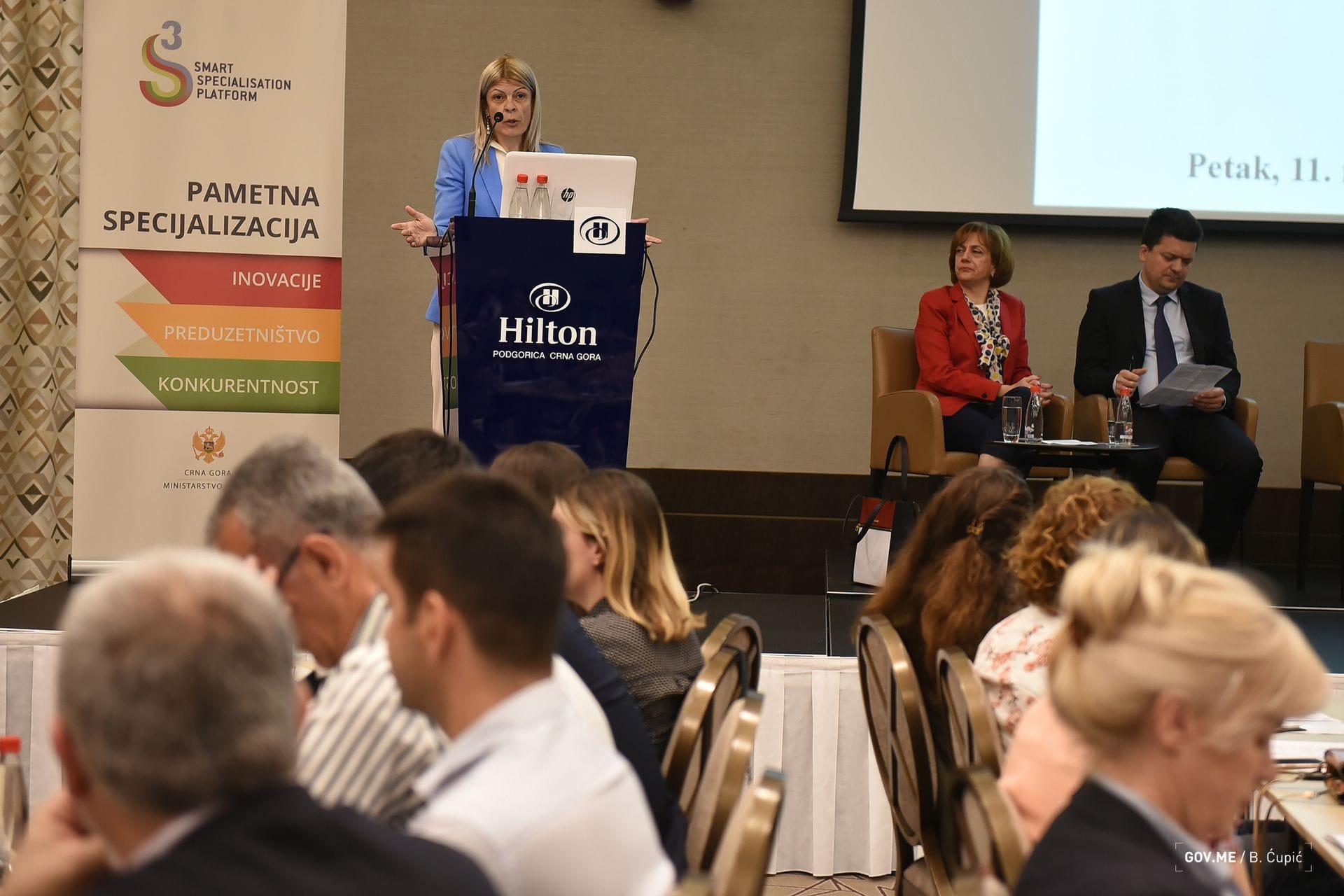
According to her, the objective of the process is to define priority areas and identify innovative niches that have the greatest potential to foster economic development and competitiveness of our country, and then for our national resources to focus on research and innovation, precisely within these priority areas. In this way, the existing value chains will be strengthened and new ones will be established and everyone will have a much better idea of the business opportunities that can bring returns on investments and that can have the strongest impact on society.
The drafting of the Strategy implies active support of the Government of Montenegro and public administration bodies, but active participation of the academic, economic, civil and non-governmental sector is of key importance. The very process of development of the Strategy implies a strict methodology provided through the support of the European Commission, the Joint Research Centre (JRC), whose platform we have joined in August 2017.
According to Minister Damjanović, the Ministry of Science has been tasked with leading the smart specialization process on behalf of the Government, but it is a process that needs to involve several ministries, institutions, associations and businesses.
- The success of this process will be measured by our level of cooperation, correct understanding of what this Strategy implies and what benefits it can bring in the future in terms of large-scale investments from the EU, but also by preventing fragmentation and duplication of ventures at different levels by research organizations, enterprises, and education system, the Minister said.
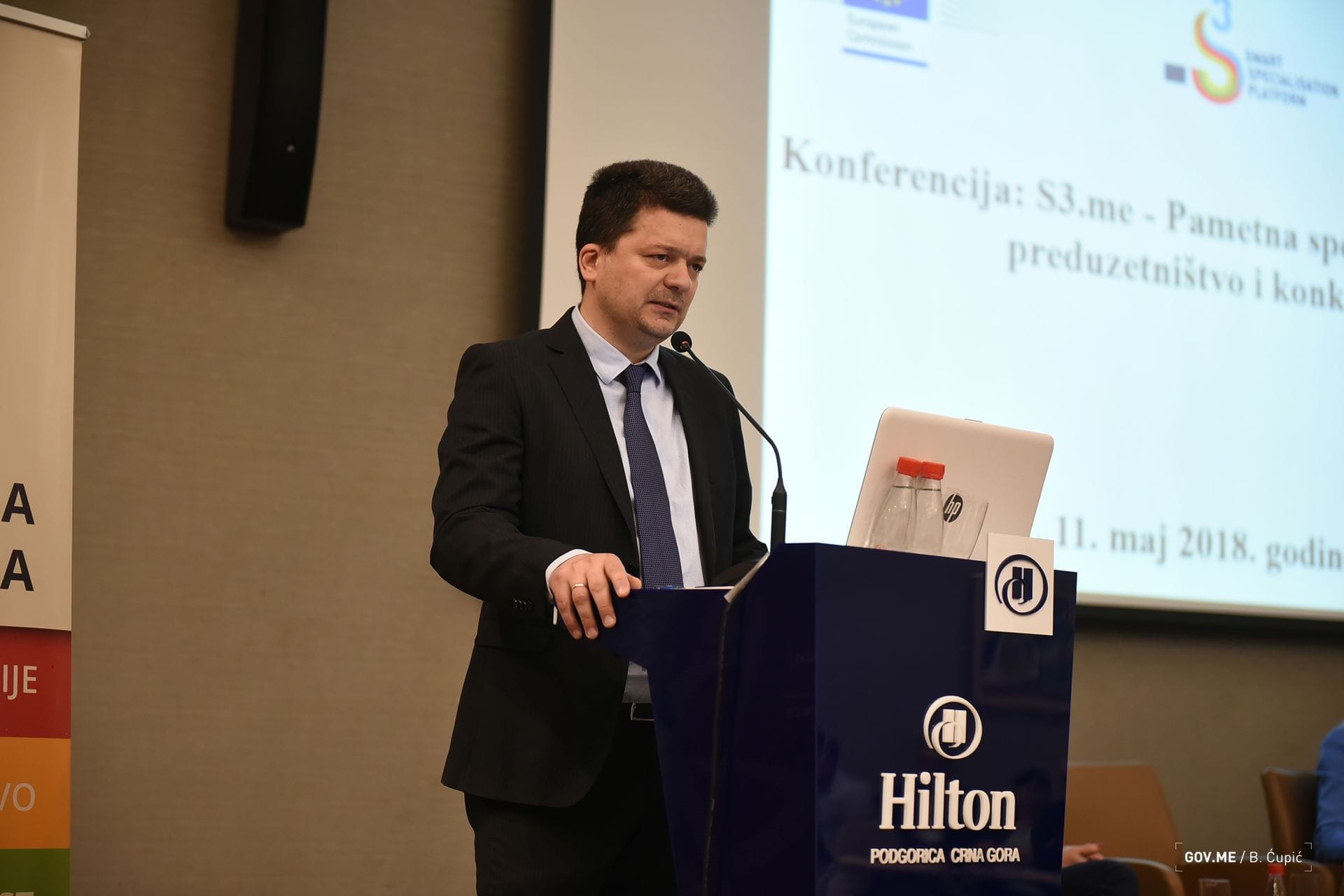
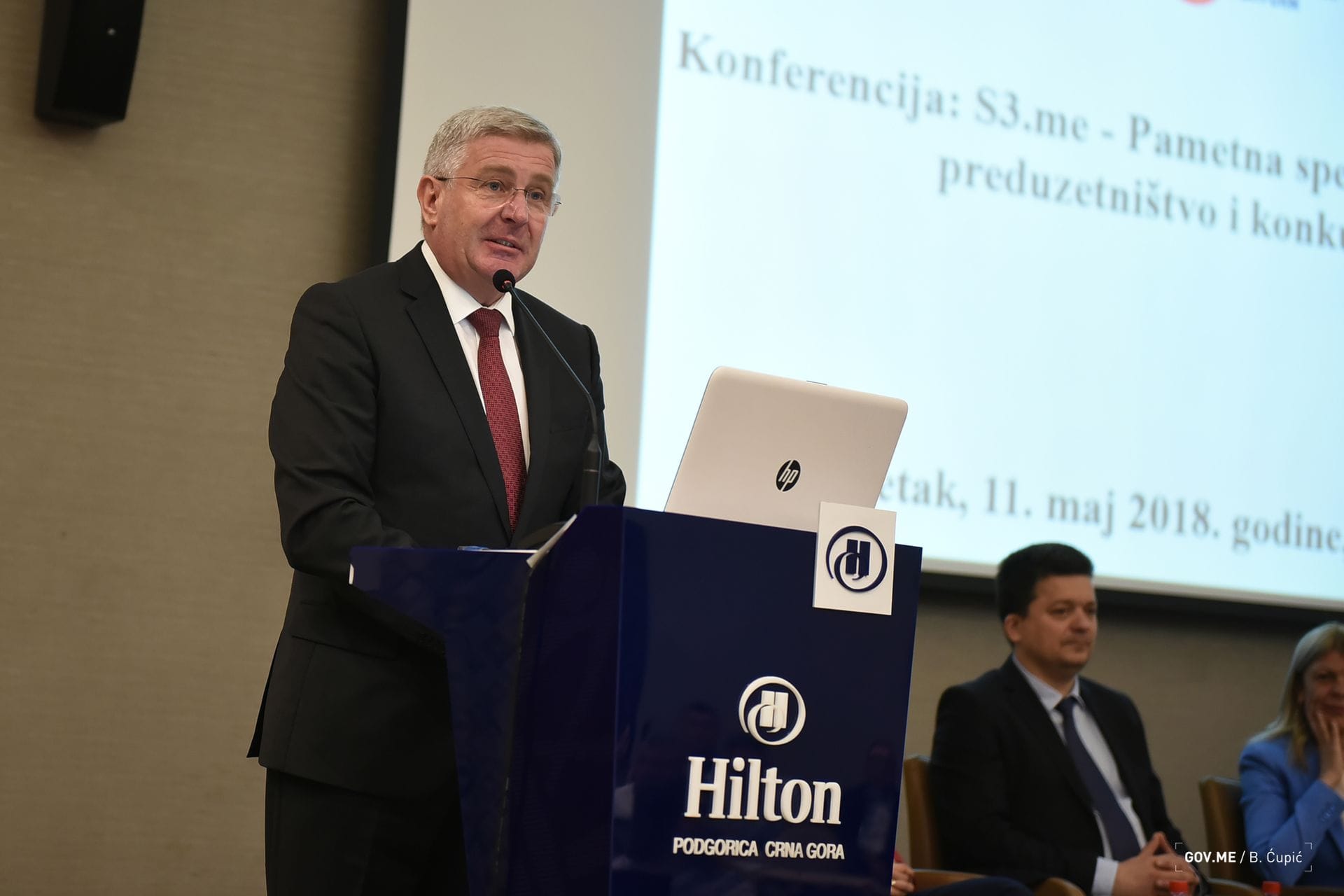
The drafting of the Strategy implies active support of the Government of Montenegro and public administration bodies, but active participation of the academic, economic, civil and non-governmental sector is of key importance. The very process of development of the Strategy implies a strict methodology provided through the support of the European Commission, the Joint Research Centre (JRC), whose platform we have joined in August 2017.
According to Minister Damjanović, the Ministry of Science has been tasked with leading the smart specialization process on behalf of the Government, but it is a process that needs to involve several ministries, institutions, associations and businesses.
- The success of this process will be measured by our level of cooperation, correct understanding of what this Strategy implies and what benefits it can bring in the future in terms of large-scale investments from the EU, but also by preventing fragmentation and duplication of ventures at different levels by research organizations, enterprises, and education system, the Minister said.


The Smart Specialization Strategy (S3) is a document to be developed by the Ministry of Science, in close cooperation with the Ministry of Economy. At the opening of the conference, Mr. Goran Nikolić, Director General for Industry and Entrepreneurship in the Ministry of Economy, said that cooperation between science and economy was the foundation of economic development based on knowledge and innovations.
According to Nikolić, the Strategy helps to encourage structural changes, place new products and services and acquire new skills, as has been recognized by the industrial policy of the Government of Montenegro, which has identified this concept as an opportunity to increase the number of jobs and the country’s competitiveness.
One of the key partners in the development of the Smart Specialization Strategy is the Chamber of Economy of Montenegro, with which the Ministry of Science has very good cooperation, as was confirmed by the President of the Chamber, Mr. Vlastimir Golubović. He pointed out that we needed to use joint efforts to identify areas that would provide long-term growth and development, with the bottom-up approach, as citizens and the business community were most familiar with the potential of the country in which they lived and worked.
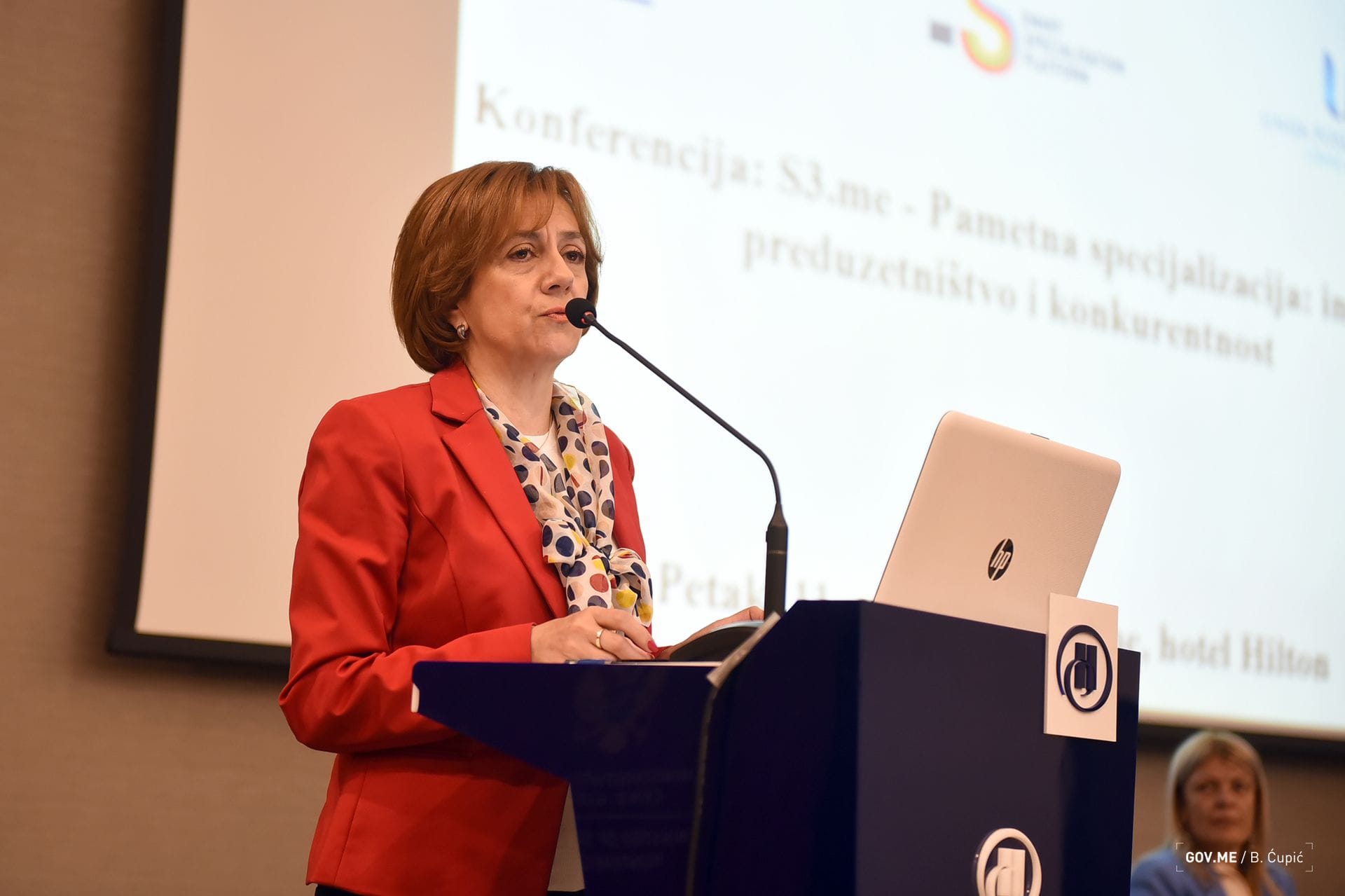
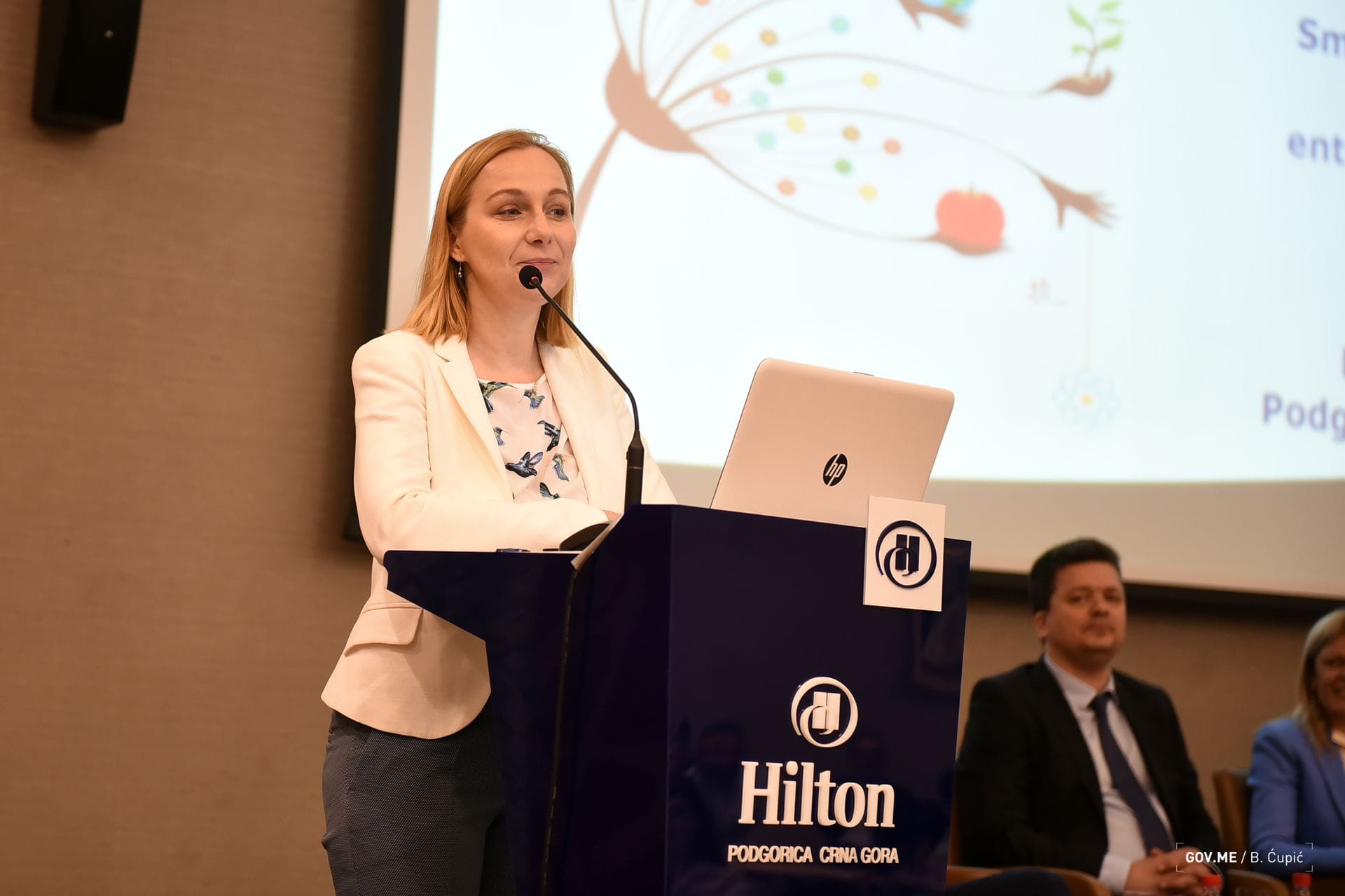
According to Nikolić, the Strategy helps to encourage structural changes, place new products and services and acquire new skills, as has been recognized by the industrial policy of the Government of Montenegro, which has identified this concept as an opportunity to increase the number of jobs and the country’s competitiveness.
One of the key partners in the development of the Smart Specialization Strategy is the Chamber of Economy of Montenegro, with which the Ministry of Science has very good cooperation, as was confirmed by the President of the Chamber, Mr. Vlastimir Golubović. He pointed out that we needed to use joint efforts to identify areas that would provide long-term growth and development, with the bottom-up approach, as citizens and the business community were most familiar with the potential of the country in which they lived and worked.


Svetlana Vuksanović, the President of the Employers Federation, said that she was glad that all the actors that would benefit from the adoption of the Strategy would be involved in the process of drafting the document. It is important to keep in mind, Vuksanović underlined, that the adoption of Smart Specialization Strategy would require greater investment in science and innovation, leading to creation of new sectors and industries.
Montenegro has begun the process of entrepreneurial discovery, which is the third phase in the development of the Smart Specialization Strategy, following a qualitative and quantitative analysis of the economic, innovative and scientific-research potential. Consultative support for this stage of the Strategy was provided by the European Commission’s Joint Research Centre, the partner of the conference.
Representative of the Joint Research Centre, Ms. Monika Matusiak, familiarized the conference participants with the benefits of adopting the Strategy, which are related to the economy, but also to entire society.
We must search for priorities that fit the needs of the market, Matusiak explained, while understanding the challenges of specific sectors and overcoming them with knowledge and innovation. All stakeholders in this process must lead an open and transparent dialogue. The Smart Specialization Strategy is a tool through which we define what distinguishes us from others, what is our specialty, and what makes us competitive in the global market.
The examples from the neighbourhood can be especially useful in mapping the challenges ahead, as well as potential solutions. Experiences from Ljubljana were presented by the special guest of the conference, Ms. Marjana Majerič, Deputy General Manager at Technology Park Ljubljana.
According to her, on the road to adopting the S3 strategy, we must have continuity and ensure the cooperation of all sectors, learn from others’ mistakes and use the advantages of the country despite its size. At the same time, this is a unique opportunity when actors from the civil and economic sector have the opportunity to directly influence the creation of policies that will determine their work for the first time. That is why enterprises should use this process in the most efficient way.
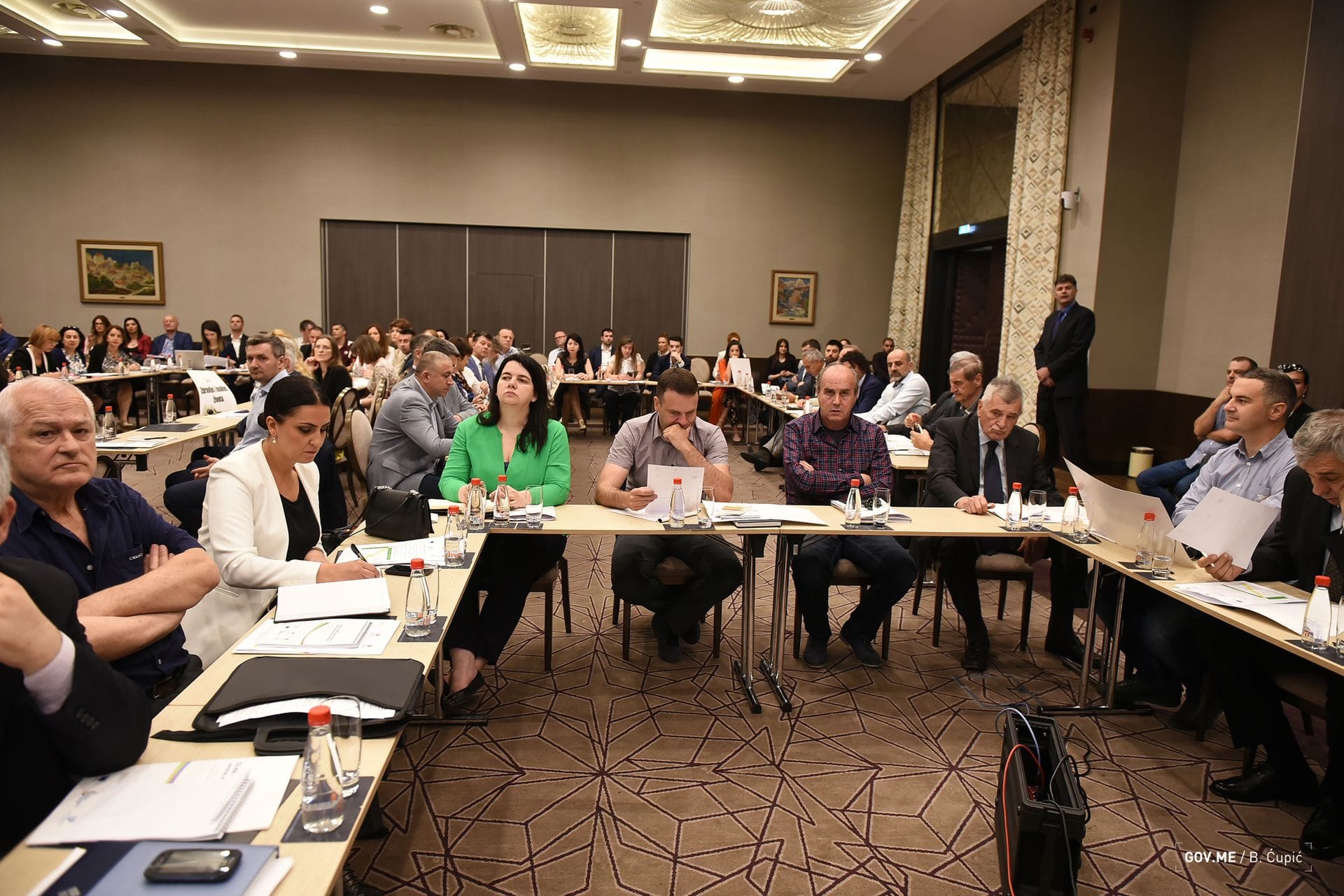
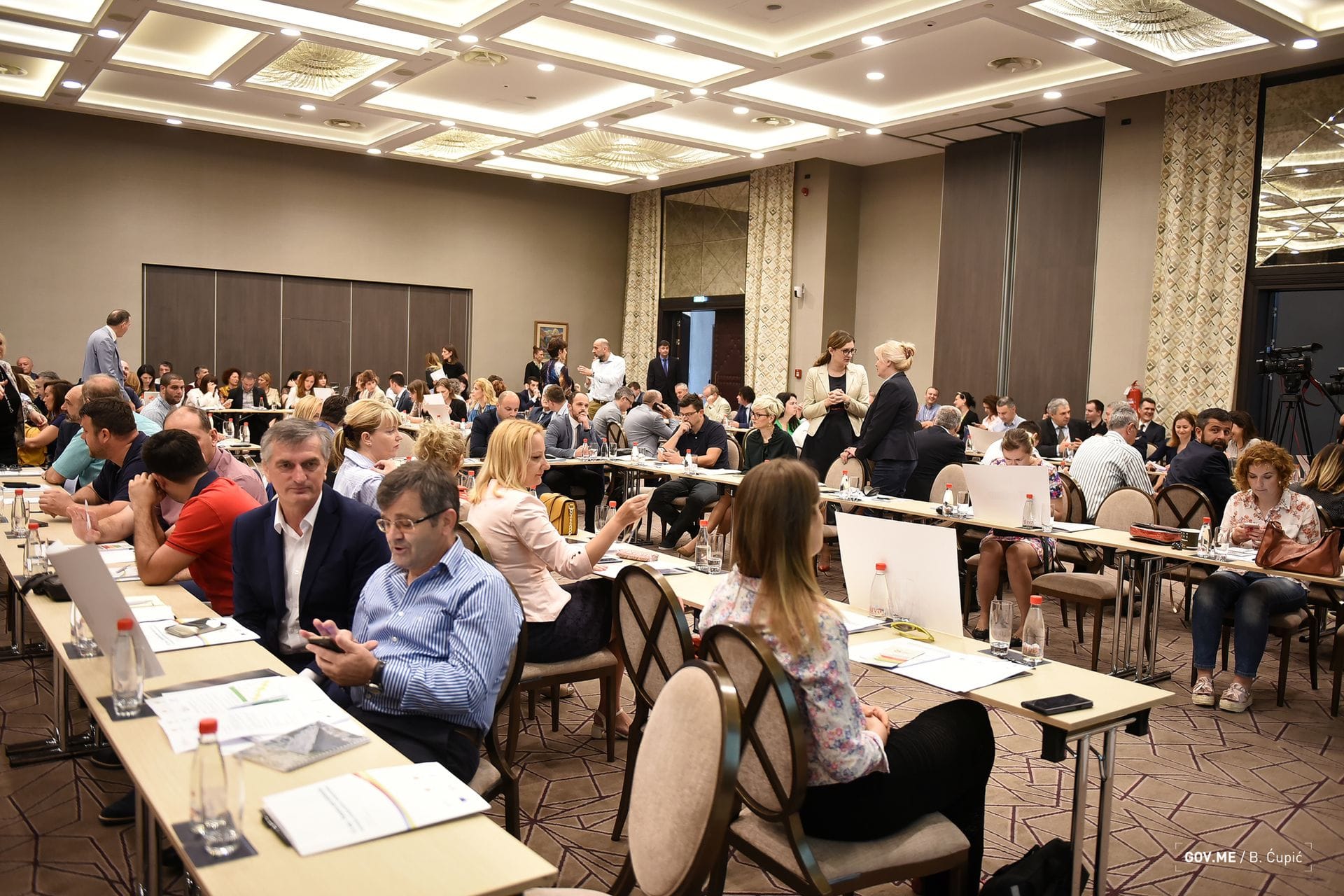
Montenegro has begun the process of entrepreneurial discovery, which is the third phase in the development of the Smart Specialization Strategy, following a qualitative and quantitative analysis of the economic, innovative and scientific-research potential. Consultative support for this stage of the Strategy was provided by the European Commission’s Joint Research Centre, the partner of the conference.
Representative of the Joint Research Centre, Ms. Monika Matusiak, familiarized the conference participants with the benefits of adopting the Strategy, which are related to the economy, but also to entire society.
We must search for priorities that fit the needs of the market, Matusiak explained, while understanding the challenges of specific sectors and overcoming them with knowledge and innovation. All stakeholders in this process must lead an open and transparent dialogue. The Smart Specialization Strategy is a tool through which we define what distinguishes us from others, what is our specialty, and what makes us competitive in the global market.
The examples from the neighbourhood can be especially useful in mapping the challenges ahead, as well as potential solutions. Experiences from Ljubljana were presented by the special guest of the conference, Ms. Marjana Majerič, Deputy General Manager at Technology Park Ljubljana.
According to her, on the road to adopting the S3 strategy, we must have continuity and ensure the cooperation of all sectors, learn from others’ mistakes and use the advantages of the country despite its size. At the same time, this is a unique opportunity when actors from the civil and economic sector have the opportunity to directly influence the creation of policies that will determine their work for the first time. That is why enterprises should use this process in the most efficient way.


Dr. Darko Petrušić, Director General of the Directorate for Scientific-Research Activities in the Ministry of Science, informed the participants of the conference about the activities implemented by the Ministry of Science to date. After that, the conference participants worked in parallel sessions, within sectoral groups, to openly discuss and exchange views on potential challenges and solutions in the process of developing the Smart Specialization. Sectoral groups were divided by areas, into manufacture, agriculture, information and communication technologies, energy, tourism, health and quality of life and construction.
At the end of the conference, group coordinators presented the conclusions from the workshops, and Director General Petrušić summarized the future steps of the Ministry of Science in the process of developing the Smart Specialization Strategy, which would involve all conference participants, i.e. inter-agency working groups.
At the end of the conference, group coordinators presented the conclusions from the workshops, and Director General Petrušić summarized the future steps of the Ministry of Science in the process of developing the Smart Specialization Strategy, which would involve all conference participants, i.e. inter-agency working groups.
Related articles:
Request for prequalification Jan 17, 2025
Is this page useful?
